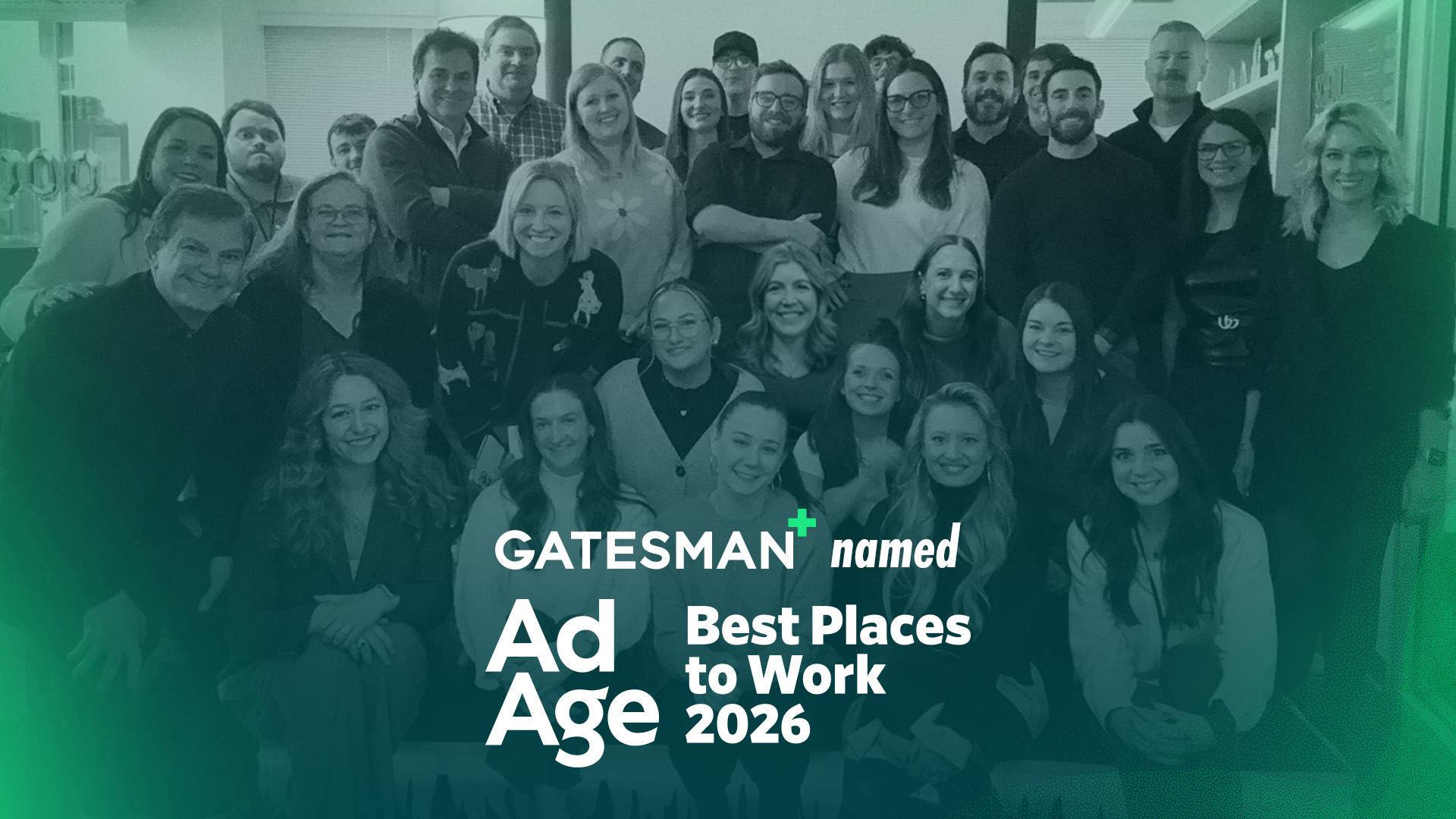This article originally appeared in Ragan’s PR Daily here
Brevity is true genius. This simple and powerful concept was introduced during a recent webinar offered through our agency partner network AMIN. The presentation was focused on leadership and was delivered by advertising vet Lynette Xanders of Wild Alchemy, who has an impressive client roster and quite the collection of award-winning work under her belt.
As I sat through the presentation, I noticed Xanders’ concise approach to sharing information. This led to the observation that her succinct word choice and creative mind is likely the magic formula that has led to success in her career.
Inspired to plus up my work, I reached out to Lynette to ask her a bit more about the importance of brevity in marketing communications. Here’s what she had to say.
“I have always held the belief that brevity is genius,” said Xanders. “There is an adage I heard years ago from Mark Twain about a time he wrote to a friend and said, ‘I apologize for such a long letter – I didn’t have time to write a short one.’ This demonstrates that it takes much more effort to be brief. But the payoff is far greater clarity and impact.”
Simple as it seems, the need to be brief is not always easy. But it is imperative. We live in a busy culture where everyone is strapped for time with attention spans for only tweet-sized bites of information.
With this in mind, here are a few reflections on how brevity can generate better work and results in the world of public relations.
- Press Release: Press releases are often considered a dying breed. That’s because reporters have little time and need to cover more beats as a result of shrinking newsrooms. While the popularity of a press release is on the decline, these tools are still valuable for SEO purposes. To achieve brevity, keep the release under 400 words, if your company or clients will allow it. And, hey. You will save some money if you are distributing on the wire – because the more words you have, the more you have to pay.
- The Pitch: You don’t have to include paragraphs of information in one pitch to the media. First, think about how to capture attention. That could be through a softer approach where you ask about what someone is working on. Or, think how you can quickly add intrigue to your topic. If you can get to “WHY” the reporter should care in two sentences or less, you are much more likely to see success in your earned media efforts.
- Media Alert: If you are creating an alert to drive attendance to an event, do one thing, and one thing only. Keep it to ONE page, spelling out the who, what, when, why and where. And don’t put a year’s worth of your client or company’s accomplishments in the footer. That is for the press release, if you decide to do one for SEO.
- Presentations: Think of the purpose of the decks you are creating. And think carefully about the amount of text you include. Any slides you share should not compete against keeping the attention of your audience. If there is something long to read, the room will be distracted. Communicate no more than three topics per slide and always remember that you can follow up with more detail post-presentation to ensure your audience has all necessary information.
- Sentence Structure: Having a hard time getting your point across? Flesh out your full sentence, even if you think it’s ugly, and aim to cut words. Pro tip (thanks to my boss): Stay focused on precisely nailing the subject and verb and avoid too many superlatives.
Brevity takes time to master. It is not a destination, but rather a journey. It takes patience, willingness to pause and think about what you are trying to say, and time. The outcome will pay off in the long run.
“What brevity does for the audience is evident. What it does for the author is it forces us to begin with the end in mind, to crystalize what we want to have happen and what we need to communicate to make that happen,” added Xanders. “Brevity is not a scapegoat for being rude or unimaginative – it’s quite the opposite. It’s about being magnetic, delicious, enticing.”
If you’re looking for more advice on brevity, connect with Lynette Xanders here.



